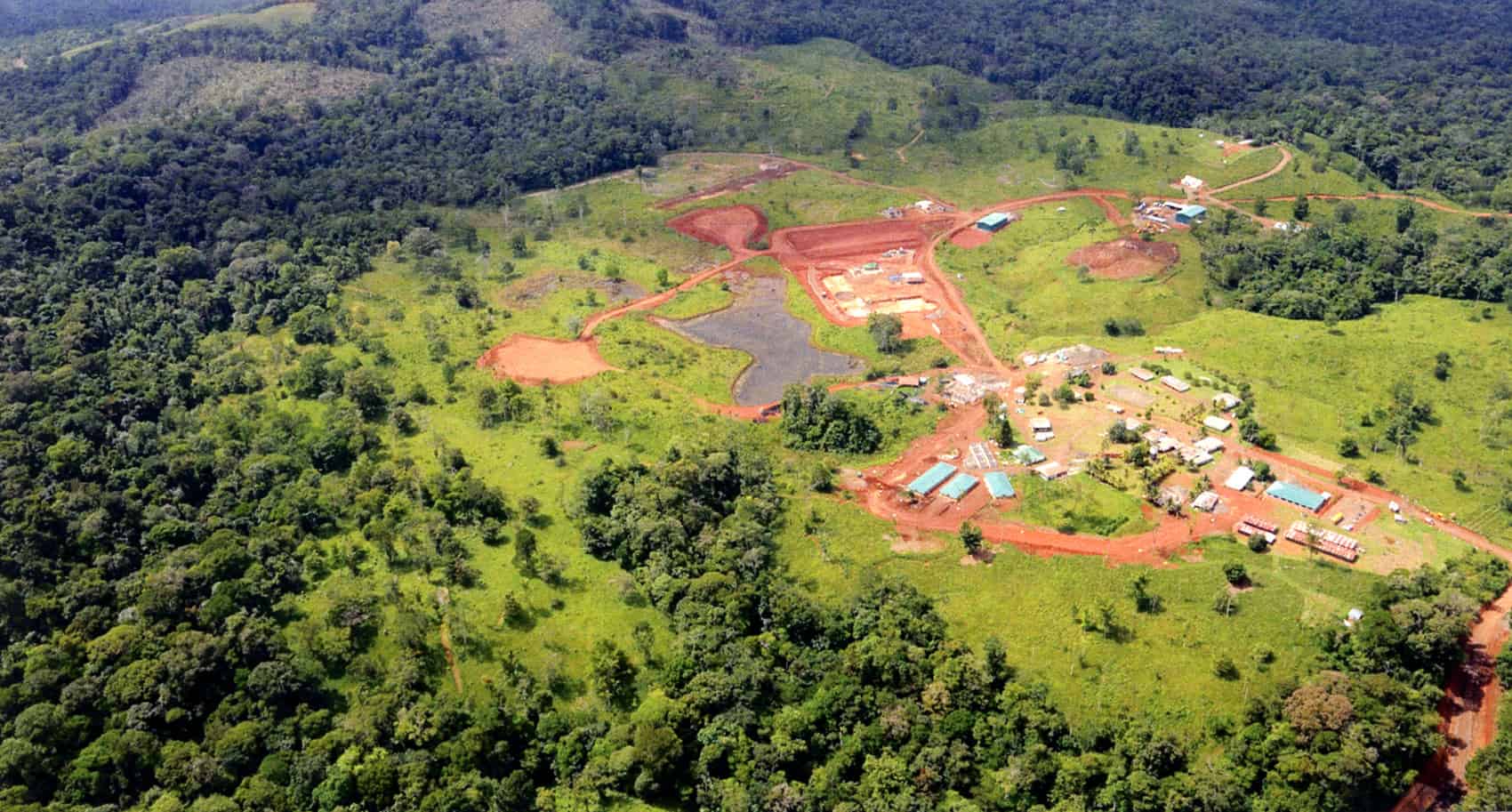U.S. President Joe Biden recently signed an executive order that bans U.S. companies from doing business in the Nicaragua gold industry. At the same time the U.S. Treasury Department issued sanctions against the Nicaragua gold ministry and its gold sector.
Gold is Nicaragua’s number one export reaching almost 900 million dollars in 2021. The main market for Nicaraguan gold was the United States, receiving 79% of all of the country’s production.
The sanctions are in reaction to Nicaragua’s President Daniel Ortega’s continued oppression of all forms of opposition.
Ortega’s regime has engaged in a variety of actions that have included the jailing of political rivals, closing of news media companies, restrictions on church officials and the killing of peaceful protestors.
Nicaragua has also closed nearly a thousand International aid organizations and even blocked the placement of the United States Ambassador.
Gold is an international commodity and its price is set by international markets, not unlike crude oil, so it is unclear what the long term effects will be on Nicaragua’s economy. It the short term it will effect Ortega’s ability to fund his regime.
The U.S. has not ruled out further important sectors of the Nicaraguan economy, like coffee and sugar.
Ortega’s crack down has also caused many thousands of Nicaraguans to flee to the United States and neighboring Costa Rica.
The United States has seen the number of Nicaraguan migrants crossing the Mexican border triple since Ortega first began his crackdown in 2018.
Costa Rica currently has no legal gold operations. However, back in 1990’s Costa Rica had granted a mining concession in a remote jungle location not far from the Nicaraguan border called Crucitas. The Costa Rica government, in reaction to fierce opposition to the open pit mine, cancelled the concession back in 2011.
Nonetheless, that has not stopped mining in the area. Given its proximity to Nicaragua and the fact that access is to the location is very difficult, local authorities have struggled to combat illegal mining.
Those working in these makeshift operations are exposed to toxic chemicals, including cyanide, which are used to extract gold from the soil. Large swaths of virgin forest is felled and the toxic chemicals contaminate the land and nearby rivers and streams.
Almost all of those working in these mines are poor Nicaraguans that cross the porous border without documentation. Costa Ricans seem to be the main source of transportation for these workers and the illegal chemicals smuggled in from Nicaragua.
As a result this area has also seen a rise in arms trafficking, human trafficking and money laundering. Many accuse that Costa Rica authorities have given tacit approval of these operations due to limited resources to properly control the situation and perhaps corruption
With the U.S. sanctions on Nicaraguan gold it is unclear if the temporary disruption of Nicaraguan exports will decrease the demand of illegal gold from Costa Rica or merely increase it.
Many believe further sanctions will target the exportation of the chemicals crucial to gold extraction.
The fear is that this could also cause Costa Rica to be the primary source of the importation of these chemicals as well as the newest gold exporter in Central America, even though it does not mine it.






